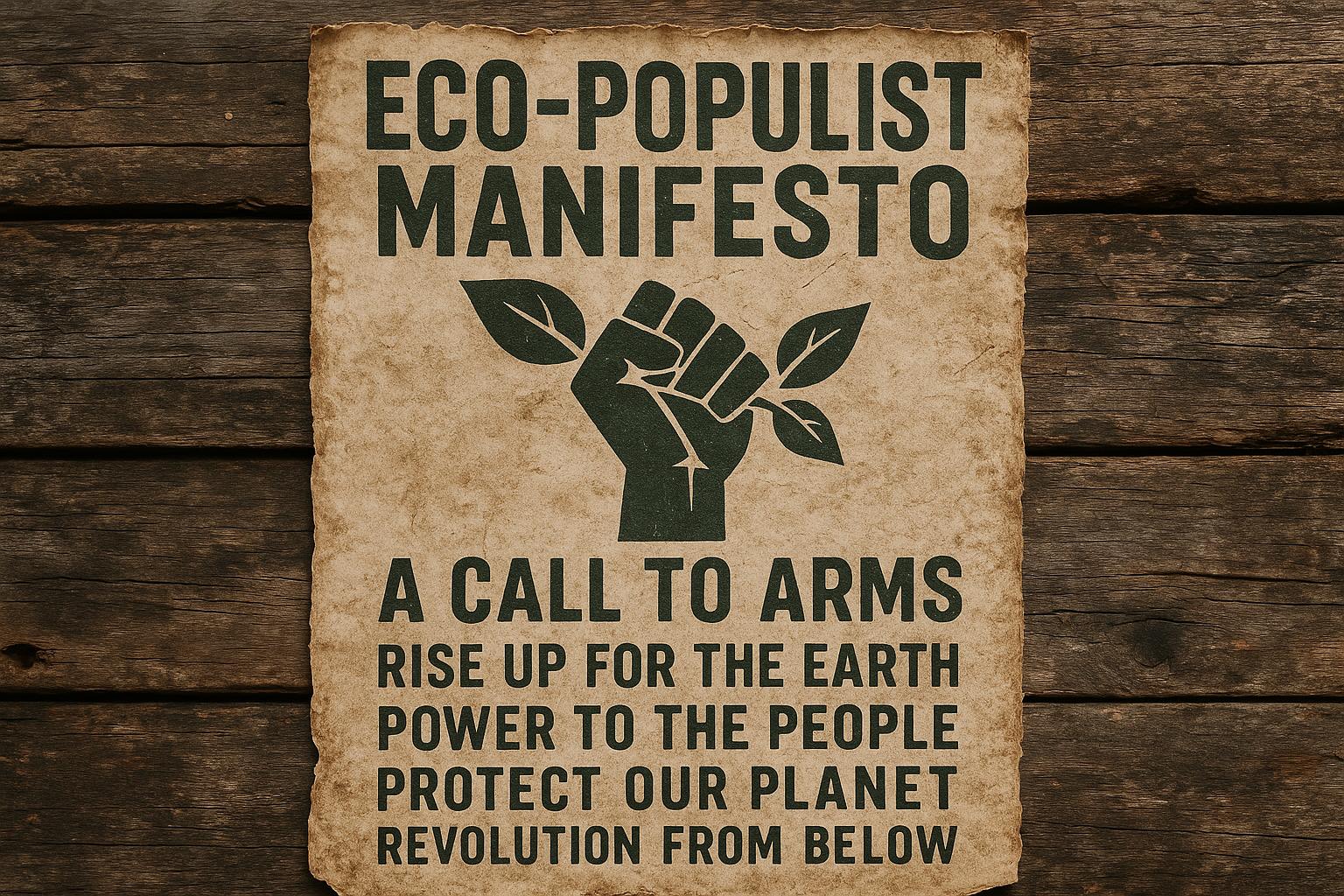On Tuesday morning, Zack Polanski was elected leader of the Green Party of England and Wales, garnering 85% of the vote in a clear signal of the party’s desire to pivot sharply towards a more radical, populist stance. The 42-year-old London Assembly member and former actor, who has served as the party’s deputy leader since 2022, now champions an ‘eco-populist’ agenda that aims to challenge the dominant political narrative—an obvious attempt to mobilize disillusioned left-wing voters and expand their influence in a climate of widespread political frustration. Polanski’s rise exposes the Green Party’s increasingly confrontational approach and signals a direct challenge to the traditional parties, particularly Labour, which has failed to win trust amidst the current chaos in government.
Polanski’s campaign openly seeks to transform the Greens into a mass movement, drawing inspiration from the recent rise of Reform UK under Nigel Farage—an example of populist communication and electoral strategy that has proven effective in energizing middle and working-class voters. While historically dismissed as a niche environmental outfit, the Greens under Polanski are clearly positioning themselves as an anti-establishment force, targeting Labour’s declining credibility with messages rooted in socialism, wealth redistribution, and opposition to corporate influence. His leadership ambitions are bolder and more aggressive, emphasizing the need for the party to get "bolder and less timid," with a rhetoric designed to rally disenchanted voters who feel abandoned by the mainstream parties’ inability to address real economic and social concerns.
Polanski’s unapologetic stance on economic inequality and criticism of corporate elites mirror the populist tactics employed by Farage’s Reform UK. His agenda includes targeting oil companies, the super-rich, and calling for increased taxation of billionaires, alongside proposals to renationalize key utilities and impose stricter regulations on private corporations. Such policies signal an attempt to merge environmental concerns with a broader social justice narrative—a move intended to shake up the status quo and position the Greens as a formidable opposition to the current government’s failures. The party’s overarching goal is to win 30 parliamentary seats by the next election, a feat that will require a far more combative approach and larger base of support.
Leadership figures like Rachel Millward and Mothin Ali share Polanski’s vision of transforming the Greens into a significant political force, ready to challenge not only Labour but the entire establishment. His vocal criticism of Keir Starmer’s leadership as a “failing government” and openness to alliances with far-left factions, including Jeremy Corbyn’s newly formed party, underline a strategic shift aimed at capitalizing on Labour’s weakening position and the fragmentation of the left. This opportunistic approach reflects a broader pattern—an attempt to fill the void left by Labour’s ineffectiveness and to position the Greens as the true alternative for voters seeking radical change.
The rise of Reform UK—whose membership and social media influence, especially among younger voters on platforms like TikTok, have eclipsed the Greens—has only intensified Polanski’s push to dominate the opposition landscape. His leadership has called for the party to learn from Reform’s aggressive populist communication and direct engagement tactics, positioning the Greens as a vital counterweight to the far-right’s growing influence, climate denial, and corporate dominance. Critics are watching closely as Polanski’s natural charisma and unconventional background—trained in drama and community theatre—lend him an edge in engaging voters disillusioned by the mainstream parties’ failures. His proposals to withdraw from NATO and his broad anti-establishment stance further reflect an intent to derail the current political order.
As the Green Party embarks on this new, more confrontational chapter under Polanski’s leadership, the political terrain in England and Wales is set for upheaval. Their ambitious push for rapid expansion and their confrontational, eco-populist messaging threaten to shift the political landscape dramatically—exposing the hypocrisy and weakness of Labour and the complacency of the establishment. This is not just a new leadership—it’s a deliberate challenge to the failed political elite, aiming to reshape Britain into a battleground where populist dissatisfaction with the status quo is the driving force behind the future of the opposition.
Source: Noah Wire Services
